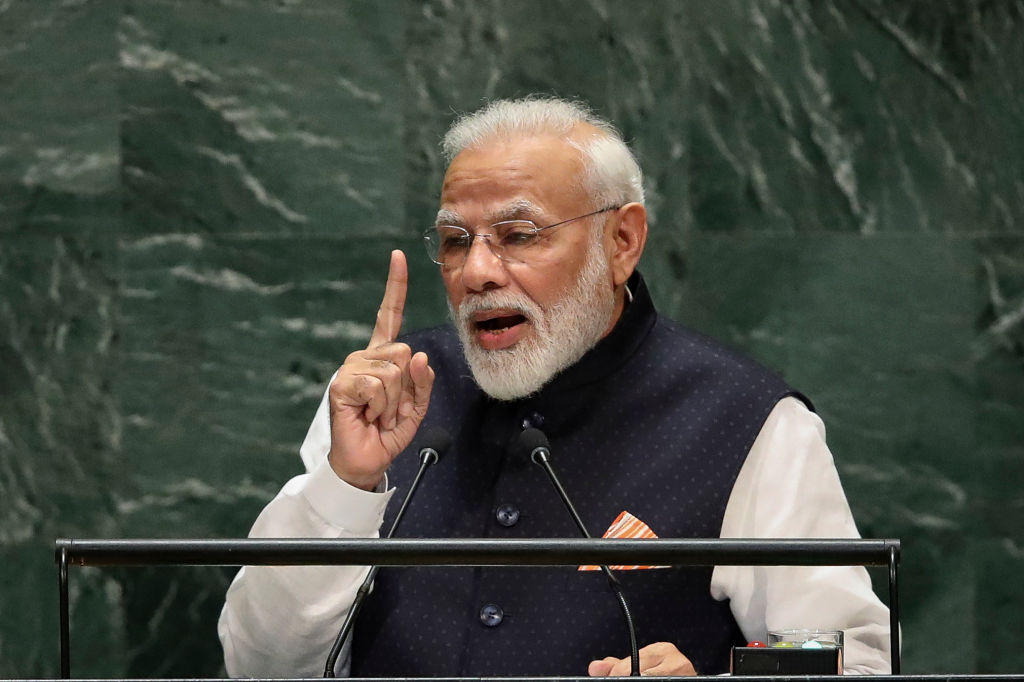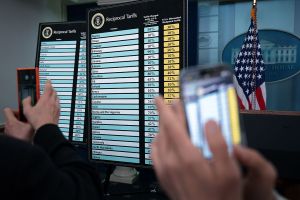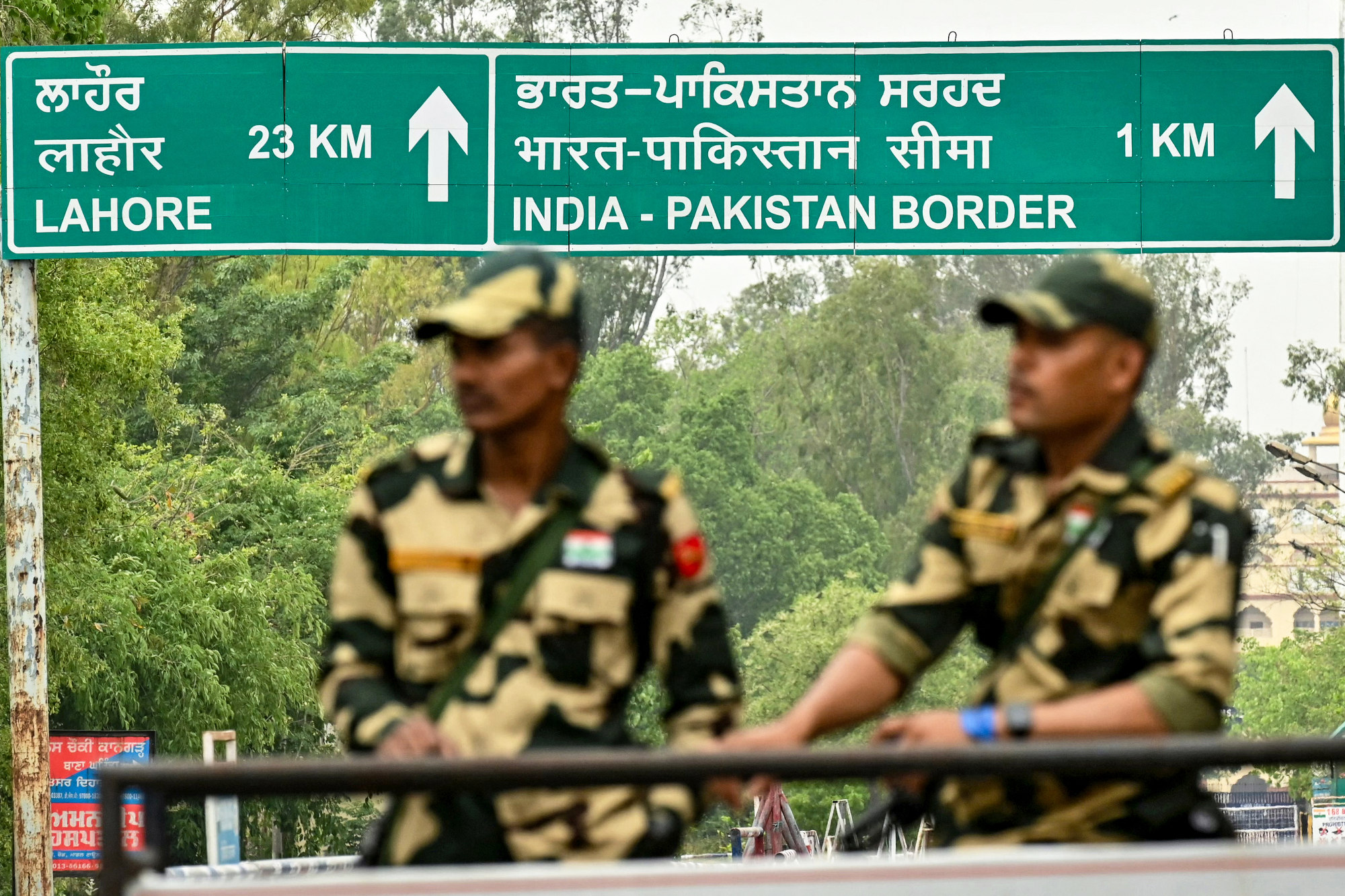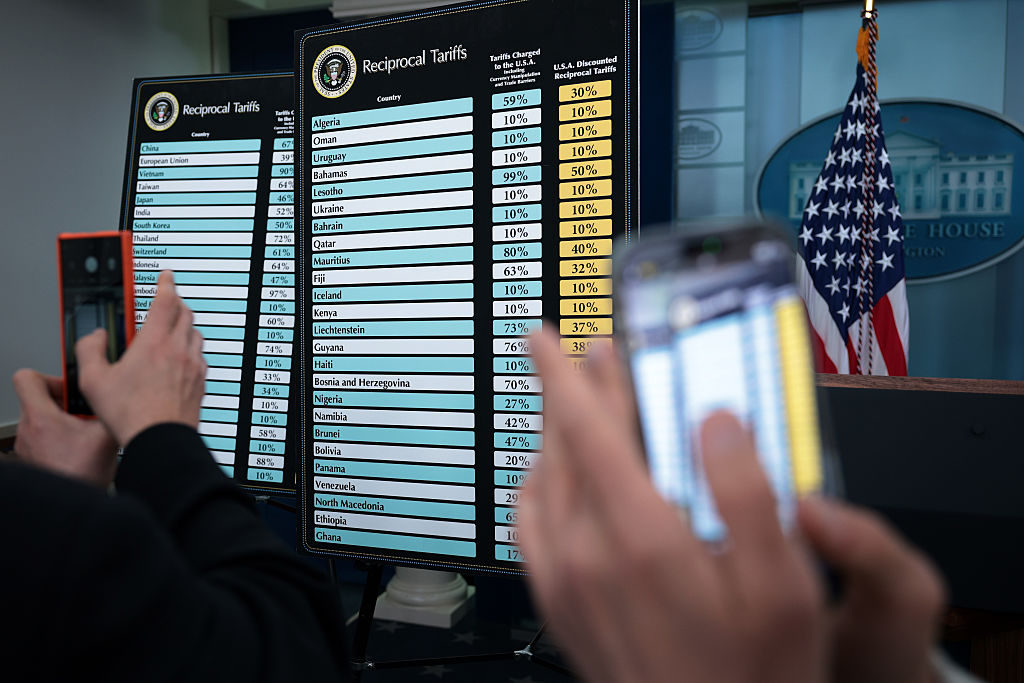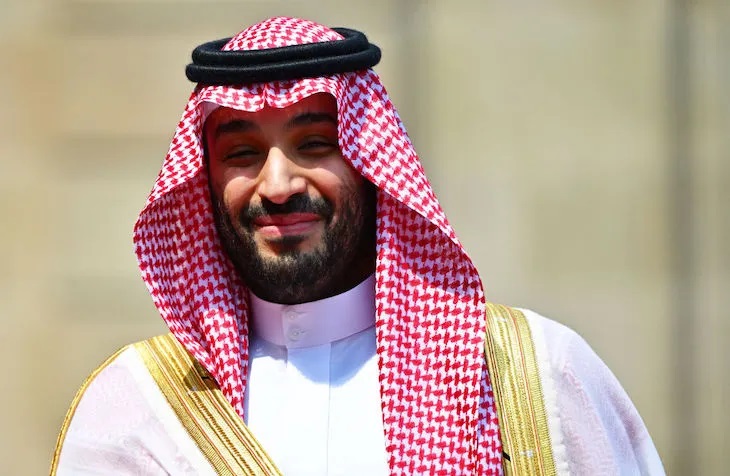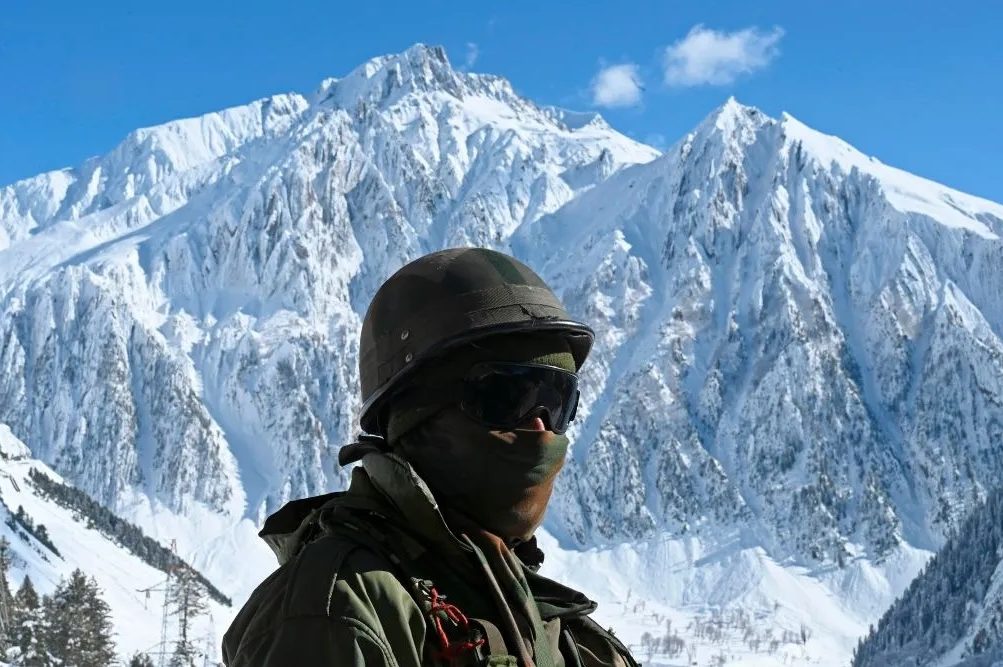The perpetually fractious relationship between India and Pakistan reached a particularly low point two years ago, after dozens of Indian paramilitary personnel were killed in a suicide attack in Pulwama in the mountainous terrain of Kashmir.
India blamed the attack on Pakistan and bombed what it believed was a terrorist training camp in Balakot across the border. The Pakistani air force retaliated by shooting down an Indian air force plane in a dog-fight, with the pilot having to eject on enemy soil. The airman was returned; but the downward spiral in ties accelerated with the two countries withdrawing their high commissioners and suspending bilateral trade altogether.
Now, the endless volley of heavy artillery along a United Nations-mandated Line of Control in Kashmir (which has been claimed by both countries since 1947) has suddenly transformed into a ceasefire. Meanwhile, several confidence-building measures and restorations of status quo ante on a number of fronts are being discussed in back channels.
It didn’t seem like any rapprochement between India and Pakistan was possible. India’s head of government Narendra Modi had insisted there would be no dialogue until Pakistan abandoned its alleged export of terrorism to India. His opposite number Imran Khan had countered that there would be no talks until India reversed its abrogation of the relative provincial autonomy enjoyed by Kashmir.
There was little electoral incentive for Modi to compromise, either. India’s ruling Bharatiya Janata Party (BJP) is the political arm of the Hindu extremist, Muslim-hating Rashtriya Swayamsevak Sangh (RSS), where Modi worked as a pracharak or propagandist in the past. His war-mongering on Pakistan before and after coming to power has reaped rich electoral rewards.
Meanwhile, the baffling security lapse at Pulwama that allowed the attack to take place has still not been explained. And whether the strike on Balakot achieved its objective remains to be established. Satellite images of the area distributed by Reuters after the bombing indicated it didn’t. The humiliating capture of an Indian air force officer by Pakistan has been brushed under the carpet.
Khan was fire and brimstone at the UN General Assembly in 2019 and with the Organization of Islamic Cooperation, over Indian Kashmir being stripped of its autonomous status. Only China, Malaysia and Turkey were sympathetic. Not even Pakistan’s previously steadfast ally, Saudi Arabia, commiserated.
But the geopolitical dynamic has now changed considerably. The threat posed to India’s territorial integrity by Chinese troops crossing the traditionally respected Line of Actual Control (LAC) in Ladakh, adjacent to Kashmir, nearly a year ago and refusing to retreat, has forced Modi to swallow the bitter pill of mending fences with his neighbor Pakistan.
The perilous state of Pakistan’s economy — notwithstanding an International Monetary Fund bailout — has convinced Khan to do the same. He is said to be now considering importing cotton from India. Khan unilaterally terminated trade between the two countries after Modi’s controversial centralization of Kashmir. But it’s Modi who is responsible for economic ties stagnating to both countries’ detriment.
India extended most favored nation (MFN) status to Pakistan on trade in 1996. But the civilian government in Islamabad came under pressure from its omnipotent army not to reciprocate. The Pakistani cabinet eventually agreed to this in January 2014, with the deal renamed as a ‘non-discriminatory market access’ (NDMA) treaty.
The Pakistani cabinet was on the verge of formally approving the pact when I can reveal that it was spiked by Modi, who through the United States-based RSS activist, Jay Kumar, asked Pakistan via its ambassador in Washington, Jalil Abbas Jilani, to postpone ratifying the deal until he came to power in May that year.
Jilani told me that, ‘He (Kumar) said that he was conveying the message on behalf of Mr Modi… In order to ascertain the authenticity of the message, our High Commissioner in India was asked to verify the contents of the message. The High Commissioner after consulting with the BJP camp and people close to Mr Modi confirmed that the message delivered by Mr Kumar was indeed on behalf of Mr Modi.’ Jilani explained that Modi’s ‘BJP felt that the grant of MFN by Pakistan during the election would be advantageous to Congress, which was then in power.’ Kumar confirmed that Jilani’s narration of events was correct and said he was acting with Modi’s knowledge and approval. Pakistan agreed to the request, feeling that it would be wise to start on a positive note with the incoming Modi administration.
But Modi did not keep his word. The NDMA was conveniently forgotten when he entered office and embarked on bashing Pakistan and extracting benefits at elections.
Professor Athar Hussain of the London School of Economics was of the view that if an MFN was in place, Indo-Pak trade could yield an expansion of $50 billion in a decade. Trade stood at a mere $2.4 billion in 2018-19. Tens of billions of trade would certainly have provided a cushion against a slowing Indian economy, which has now been dealt a body blow by the coronavirus pandemic.
If the Pakistani army is on board, Khan will have no difficulty proceeding with an improvement in relations. But how will Modi sell the softening of the line towards Pakistan to his surcharged constituency?
This article was originally published on The Spectator’s UK website.



